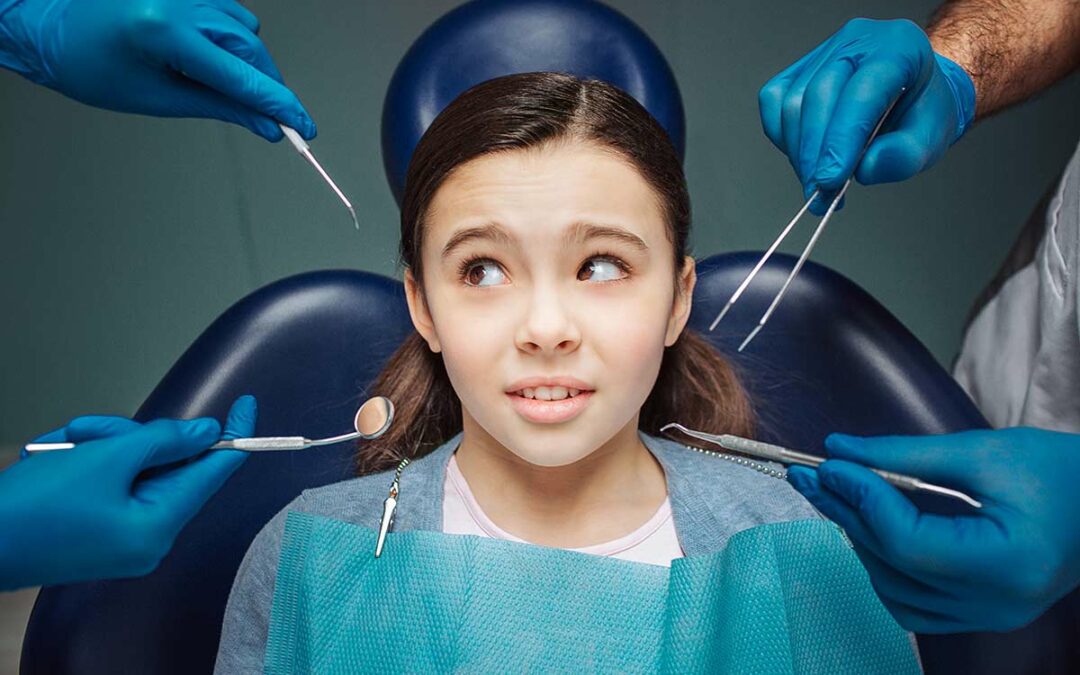Dental anxiety is a common psychological condition characterized by fear, apprehension, or stress related to dental visits, procedures, or treatments. While it is normal to experience some level of nervousness before dental appointments, dental anxiety can significantly impact an individual’s ability to seek and receive necessary dental care. Understanding the nature of dental anxiety is essential for both patients and dental professionals to address and manage this condition effectively.
Definition
Dental anxiety in Coweta OK and other regions refers to feelings of fear, apprehension, or stress that individuals may experience in anticipation of or during dental visits or procedures. It can range from mild uneasiness to severe panic and may be triggered by various factors, including past negative experiences, fear of pain or discomfort, embarrassment, or loss of control in the dental chair.
Causes
Several factors can contribute to the development of dental anxiety, including:
– Negative past experiences: Previous traumatic or painful dental experiences can leave lasting emotional scars and contribute to dental anxiety.
– Fear of pain: The fear of experiencing pain or discomfort during dental procedures is a common cause of anxiety for many individuals.
– Loss of control: Feeling powerless or vulnerable in the dental chair can trigger anxiety, especially for those who fear being unable to communicate or stop the procedure if necessary.
– Embarrassment or self-consciousness: Concerns about the appearance of one’s teeth or fear of being judged by dental professionals can lead to feelings of embarrassment or self-consciousness.
– Fear of needles or dental instruments: Some individuals may have phobias related to needles, drills, or other dental instruments, contributing to their anxiety.
Symptoms
Symptoms of dental anxiety can vary widely from person to person and may include:
– Increased heart rate or palpitations
– Sweating
– Trembling or shaking
– Shortness of breath
– Nausea or stomach upset
– Difficulty sleeping the night before a dental appointment
– Avoidance of dental visits altogether due to fear or anxiety
Impact
Dental anxiety can have significant consequences for both oral health and overall well-being. Individuals with dental anxiety may avoid seeking routine dental care, leading to untreated dental problems, worsening oral health, and increased risk of dental complications such as tooth decay, gum disease, or tooth loss. Additionally, dental anxiety can negatively impact quality of life, causing stress, embarrassment, and avoidance of social situations due to concerns about the appearance or condition of one’s teeth.
Treatment
Fortunately, several strategies and interventions can help individuals manage and overcome dental anxiety, including:
– Communication: Openly discussing fears and concerns with dental professionals can help alleviate anxiety and build trust. Dentists can tailor treatment plans to accommodate patients’ needs and preferences, such as using relaxation techniques or sedation dentistry.
– Gradual exposure: Gradual exposure to dental environments or procedures can desensitize individuals to their fears over time. Dental professionals can gradually introduce patients to dental instruments, sounds, and sensations in a controlled and supportive manner.
– Relaxation techniques: Techniques such as deep breathing, visualization, or mindfulness can help individuals relax and reduce anxiety during dental visits.
– Sedation dentistry: For individuals with severe dental anxiety, sedation dentistry options such as nitrous oxide (laughing gas), oral sedatives, or intravenous (IV) sedation can help alleviate anxiety and promote a more comfortable dental experience.
Conclusion
Dental anxiety is a common condition that can have significant consequences for oral health and overall well-being. Understanding the causes, symptoms, and impact of dental anxiety is essential for both patients and dental professionals to address and manage this condition effectively.

